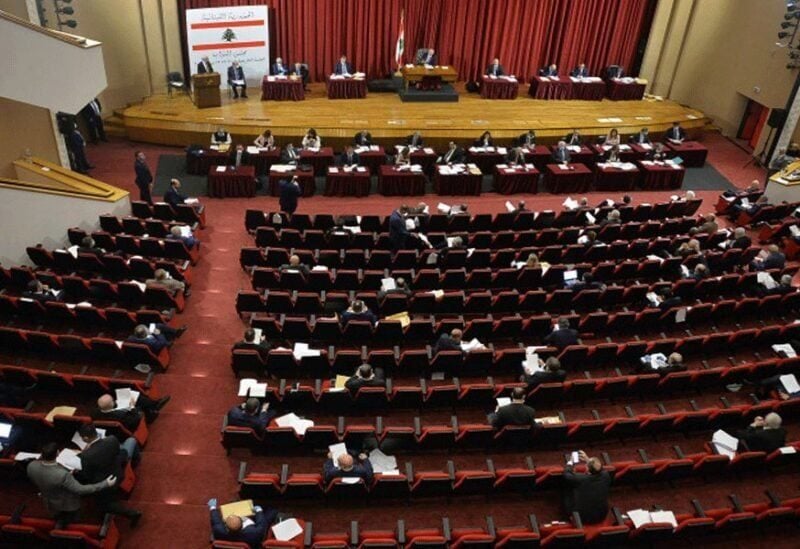
Parliament lifts Central Bank's secrecy for forensic audit
Lebanon’s parliament extended a statute that eliminates financial secrecy laws on Monday to allow for a forensic audit of the country’s central bank, a key condition for foreign funding that has encountered a snag, according to MPs.
According to UN agencies, such an audit is among the measures that donors have required before assisting Lebanon in its recovery from a financial crisis that has shut most depositors out of dollar-denominated bank accounts and left four out of five Lebanese destitute.
Steps to combat corruption, a core cause of the crisis that has wrecked the currency and precipitated a sovereign default, are among these reforms.
In December 2020, the Lebanese parliament passed a law lifting banking confidentiality for the central bank audit for a year. The law was set to expire at the end of last year, but it was never implemented.
The statute has now been extended until the audit is completed, according to MP Ibrahim Kanaan, the head of parliament’s finance committee.
In televised remarks, Kanaan remarked, “This law puts the forensic audit on the final track.”
Alvarez & Marsal (A&M), the restructuring firm engaged by the Lebanese government to conduct the audit, first withdrew in November 2020, claiming it had not received all of the material it needed. Although a second contract was signed in September 2021, the audit is yet to begin due to A&M’s requests for more information from the central bank.
Earlier this month, a central bank official told Reuters that the central bank had provided “everything information” and pushed A&M to get started.